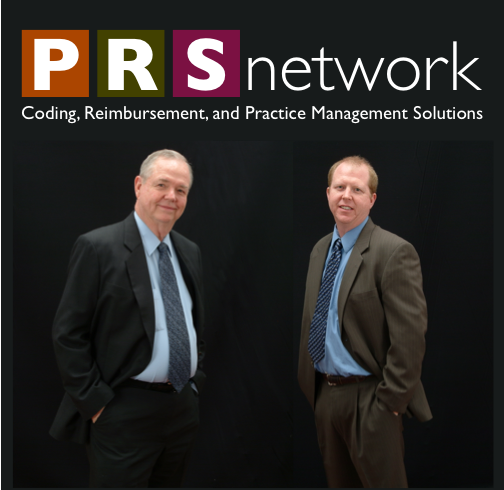For many physicians it’s a whole new journey!
As the wise sage of baseball, Yogi Berra said “When you get to the fork in the road, take it” I recently had the opportunity to meet with a large group of urologists in Florida and the topic of retirement was front and center. Clearly for some the new life style will require more then just exiting their respective medical practices. With practice operating costs rising more each year and reimbursements failing to keep up with inflation many urologists are opting to stop practicing and retire.
For many the egress is dual edged: Wanting to retire is far different than being ready to retire. No matter how well you may have planned, assuming you have a plan, the current environment is far from friendly and the upside for many is simply not there. Adroitly managing your investments and planning for retirement is far from easy and becomes even more complex with the growing value of the assets accumulated over time. One recurring theme emerged from the group: securing professional financial planning assistance should be on the short list.
Some thoughts, not intended to be all inclusive, but rather to provoke thought and perhaps action for physicians contemplating retirement based on some recent discussions.
1. Healthcare and related costs in retirement. For many this is just the beginning and few topics are more complex then retiree healthcare, and for those over 65 Medicare, the federal health insurance program is far from user friendly. For most physicians Medicare has been major payer and now navigating the user end is similar in fun to the US Tax Code. That said gaining a basic understanding of the health care environment is critical; absorbing potentially catastrophic healthcare costs can easily ruin even the best retirement plans.
2. Long Term Healthcare. This is often overlooked and for many a hard topic to digest. You may be living longer and need some help; plan for it now.
3. Not having sufficient liability insurance. A review of current liability coverage limits may warrant adding excess liability or umbrella coverage for even more protection. Each situation is difference and one size may not fit all
4. Malpractice tail insurance coverage. No longer working (providing patient care and services) is the end game and how you arrive will provide multiple challenges. Exiting the medical practice will require, for many physicians, some strategic planning. This should include a comprehensive review of the current employment agreement and effectively addressing issues of malpractice tail coverage and funding. Along with this there were strong feelings regarding asset protection and when to revaluate and make adjustments. Your employment agreement may have some specific covenants and time lines for effectively exiting the group practice and avoid any penalties.
5. Beneficiary designations: An examination may show these are not consistent with your wishes. All would agree insurance and retirement accounts must be up-to-date to avoid any confusion and potential tax issues for your heirs. A quick review of beneficiaries may prevent a lot of problems and expense.
6. A current will including a living will. Even if you have one things are most likely have changed and the will may be out of date with your wishes? For many just having a will may not be enough.
7. Not having a plan for your estate and possible tax ramifications. Most likely a major part of your investment plan but for many far too often overlooked. This is basic to ensure your estate is managed properly and distributed in accordance with your wishes.
8. Review all stock and investment holdings. As you near retirement this becomes critical. Your investment may not be set up for your new life in retirement.
9. A healthcare durable power of attorney. You only need this when it’s too late to get one! For many during the discussions this was one of the most difficult topics and also one least contemplated.
10. Seek professional advice from multiple sources, including legal counsel, accountants, financial planners, and others as appropriate. As always, a second opinion should be viewed as a given.



